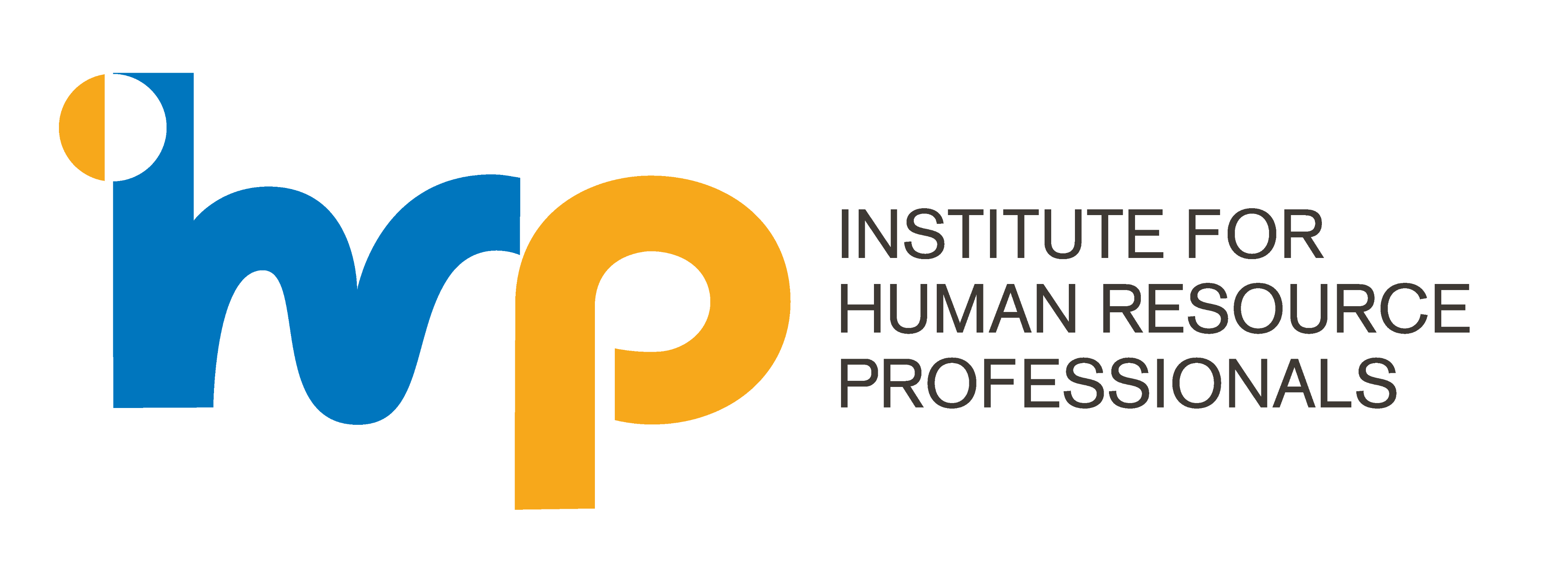Placeholder | Placeholder
HR Mindsets & Behaviors
The Human Resource (HR) Mindsets and Behaviours are characteristics that manifest in the way HR practitioners think and behave as they approach their work, deal with people, and manage work-related situations. These mindsets are equally applicable to HR professionals in the private, public sector and non-profit organisations; however, application may vary based on the organisation’s context and objectives.
Know what you’re looking for?
Enable Business Value Creation
HR Mindsets & Behaviors
HR professionals play a critical role in ensuring the business remains competitive and adaptable by implementing effective People strategies and processes to enable sustainable business value.
HR professionals are expected to:
Identify business imperatives, opportunities, and risks to assist in making strategic and operational business decisions.
Understand the impact of current and future trends on the overall business performance.
Adopt a stakeholder-centric lens to consider the perspectives of both internal and external stakeholders and develop tailored people strategies that align with business and workforce needs.
Formulate innovative people solutions that contribute to the overall business performance, purpose, and impact.
Build compelling business cases by establishing the long-term return on investment (ROI) for People initiatives to demonstrate their impact on overall business performance.
Shape the Employee Experience
HR Mindsets & Behaviors
HR professionals play a critical role in orchestrating the end-to-end employee experience to build a thriving, engaged and productive workforce. The employee experience should be thoughtfully curated to reinforce the organisation’s espoused values and beliefs.
HR professionals are expected to:
Adopt a stakeholder-centric approach to understand the needs of diverse segments of the workforce.
Enhance key touchpoints and ‘moments-that-matter’ across the employee lifecycle to create a compelling employee experience that makes work easier, more productive, and meaningful for employees.
Foster a culture of learning and coaching and create an environment that supports the sustainable delivery of a compelling employee experience for all stakeholders across the organisation.
Design tailored solutions that not only drive sustainable business impact but prioritise the employee experience and a sense of belonging at work.
Influence and Inspire Change
HR Mindsets & Behaviors
HR professionals are uniquely positioned to influence, create value and drive sustainable organisational change by providing effective leadership and guidance.
HR professionals are expected to:
Be proactive, bold, and courageous in advocating for their point of view, addressing objections and influencing stakeholders to align with their perspectives.
Build trust and credibility while navigating relationships with stakeholders across various levels.
Engage in strategic discussions that communicate a compelling business case and value of People initiatives that resonate with various stakeholders.
Drive strategies and initiatives that enable successful and sustainable organisational change, including tailored communication and change management approaches for diverse workforce segments.
Maintain an open mindset, be receptive to feedback from stakeholders and leverage it to enhance People initiatives.
Guide and enable business leaders and line managers to develop the capabilities required to accelerate sustainable organisational transformation.
Lead with Principles and Values
HR Mindsets & Behaviors
HR professionals play a critical role in fostering an organisational culture that values fairness, ethics and empathy, ensuring that decisions impacting the workforce are guided by a set of consistent principles that reflect the organisation’s values and ethics.
HR professionals are expected to:
Serve as a vital link between employees and the organisation, demonstrating empathy, fairness and consistency as they navigate complex decisions and situations.
Demonstrate courage and conviction in advocating for a point of view, and challenging unfair, inconsistent, or unethical decisions when faced with objections from other stakeholders.
Uphold strong professional standards, promoting ethics and acting with integrity across the organisation (e.g., IHRP Code of Professional Conduct).
Establish a set of fair and inclusive principles that are consistently integrated into all People processes and practices.
Establish a balance between business interests and workforce priorities, considering emerging trends and technological advancements (e.g., finding the optimal combinations of human-machine collaboration, making decisions guided by AI, data, values and ethics).
Take personal ownership in developing and maintaining skills expected of credible and competent HR professionals through continuous professional learning.
Champion lifelong learning and embrace the development of people’s potential with empathy and compassion.
Adopt a Future Orientation
HR Mindsets & Behaviors
HR professionals are in a pivotal position to drive innovation and enable organisations to have an eye on preparing for the future as they manage current issues and uncertain situations.
HR professionals are expected to:
Anticipate the impact of both local and global trends and utilise these insights to pre-emptively design and implement innovative and forward-looking People strategies.
Commit to continuously improving People strategies and practices by analysing emerging business and workforce needs, keeping abreast of social, economic, and political trends, and learning from other organisations to incorporate best practices.
Demonstrate agility and proactiveness in the face of disruptions, quickly adapting to evolving circumstances.
Prioritise risk awareness and mitigation strategies, working closely with business leaders and line managers to cultivate a risk-aware culture.
Collaborate with business leaders and line managers to empower and enable the workforce to be adaptable, resilient, and equipped to navigate an ambiguous and ever-changing environment.

